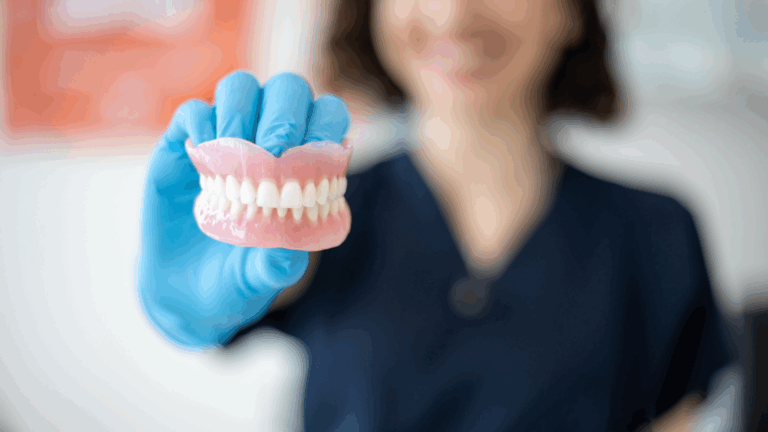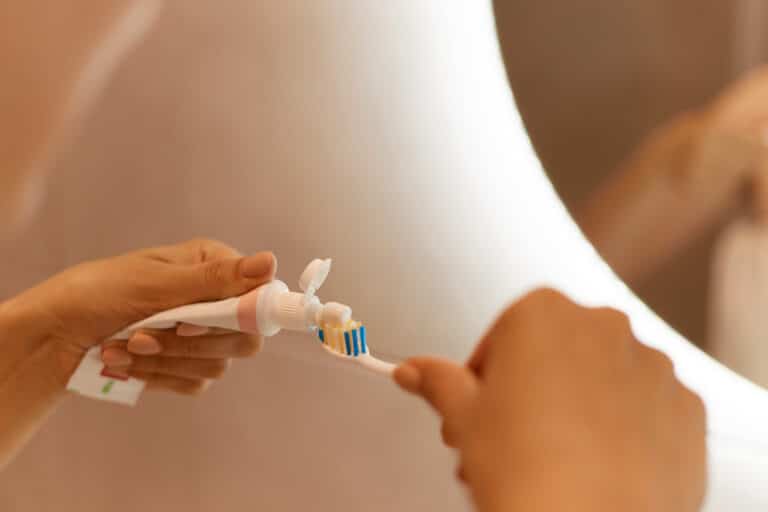There are many reasons why someone may need to have a tooth extracted, including tooth decay, gum disease, or overcrowding. After a tooth extraction, it is important to take care of the wound and follow your dentist’s instructions for post-operative care. Read on to find out more about the tooth extraction procedure and some after-care tips!
What is a tooth extraction?
A tooth extraction is the complete removal of a tooth from the mouth. Once a tooth is extracted, it will not grow back. Tooth extractions are performed for a variety of reasons, including decay, crowding, and injury.
What is a wisdom tooth extraction?
Wisdom tooth extractions are a type of tooth extraction that is performed on the wisdom teeth. Wisdom teeth are the back-most molars in the mouth and usually erupt in the late teens or early twenties.
Some people have wisdom teeth that come in without any problems, but for others, the teeth can become impacted, meaning they get stuck in the jawbone or gums and can’t come in properly. Impacted wisdom teeth can cause pain, crowding, and infection. Wisdom tooth extractions are performed to remove the teeth and relieve these symptoms.
Why might I need a tooth extraction?
There are many reasons why you might need a tooth extraction. Some of the most common reasons are:
- Decay: If a tooth is severely decayed, a tooth extraction may be the only way to save the tooth.
- Crowding: If there is not enough room in the mouth for all of the teeth, some may need to be removed to make room for the others.
- Infection: If a tooth is infected, an extraction may be necessary to prevent the infection from spreading.
- Injury: If a tooth is fractured or has been knocked out, it will need to be extracted.
What can I expect during a tooth extraction?
Before the procedure, your dentist may numb the area around the tooth with local anesthesia. This will help to minimize any discomfort during the extraction.
During the procedure, your dentist will remove the tooth using specialized dental instruments. This procedure may differ between patients, based on their teeth & gum health, tooth location, & tooth type.
After the tooth has been extracted, your dentist will place a gauze pad over the area to help stop the bleeding. It is important to bite down on the gauze for at least 30 minutes after the extraction to help stop the bleeding.
How to take care of your teeth after an extraction?
The importance of care after tooth extraction cannot be overemphasized. This includes brushing and flossing regularly, eating soft foods, and avoiding using straws. Not properly caring for the wound can lead to serious complications, including infection. While it may seem daunting, here are easy steps you can take to make the healing from a tooth extraction as smooth as possible.
Here are 10 tips to help you recover from your tooth extraction:
1. Follow your dentist’s instructions for post-operative care.
It is important to follow your dentist’s instructions for post-operative care after a tooth extraction. This includes brushing and flossing regularly, eating soft foods, and avoiding using straws. Not properly caring for the wound can lead to serious complications, including infection. Therefore, it is crucial to follow your dentist’s instructions for post-operative care.
2. Take pain medication as prescribed.
You may experience some discomfort after a tooth extraction. Your dentist will prescribe pain medication to help you manage any pain you may feel. It is important to take the medication as prescribed and to follow all instructions on the label.
3. Get plenty of rest.
It is important to get plenty of rest after a tooth extraction. This will help your body to heal and will promote recovery.
4. Avoid using straws.
Sucking on a straw can cause the formation of a dry socket, which is a painful condition that can delay healing. Therefore, it is important to avoid using straws after a tooth extraction.
5. Rinse with salt water.
Rinsing your mouth with salt water can help to reduce swelling and pain after a tooth extraction. To make a salt water rinse, mix 1 teaspoon of salt in 8 ounces of warm water. Rinse your mouth with the solution several times a day.
6. Apply a cold compress.
Applying a cold compress to the outside of your face can help to reduce swelling after a tooth extraction. To make a cold compress, wrap ice in a towel and apply it to the affected area for 10 minutes. Repeat this several times a day.
7. Practice good oral hygiene.
It is important to practice good oral hygiene after a tooth extraction. This includes brushing your teeth twice a day and flossing once a day. Additionally, you should avoid smoking and using tobacco products, as they can delay healing.
8. Drink plenty of fluids.
Drinking lots of water prevents dehydration and keeps the healing process fuss-free.
9. Watch for signs of infection.
Signs of infection includes fever, redness, swelling, or drainage from the wound. If you experience any of these symptoms, it is important to contact your dentist right away as they may indicate an infection.
10. Follow up with your dentist.
It is important to follow up with your dentist after a tooth extraction. Your dentist will check on the healing of the wound and remove any stitches that were placed. Additionally, your dentist will be able to answer any questions you may have about the recovery process.
FAQs on tooth & wisdom tooth extractions:
How long should pain last after tooth extraction?
The pain after tooth extraction generally lasts for 3-5 days. However, if the pain persists for more than a week or is accompanied by fever, redness, or swelling, it is important to contact your dentist as these may be signs of infection.
What should I eat after tooth extraction?
It is important to eat soft foods after tooth extraction. This will help you avoid irritating the wound and will promote healing. Some examples of soft foods include soup, mashed potatoes, oatmeal, and scrambled eggs.
Can I eat spicy food after tooth extraction?
You should avoid eating spicy food after tooth extraction as it can irritate the wound and delay healing.
When can I brush my teeth after tooth extraction?
You should wait at least 24 hours before brushing your teeth after tooth extraction. This gives the wound
The upshot
Tooth extraction is a common dental procedure, but they can still be scary and cause anxiety for some patients. However, we hope that our after-care tips can help to make the healing from a tooth extraction as smooth as possible!


